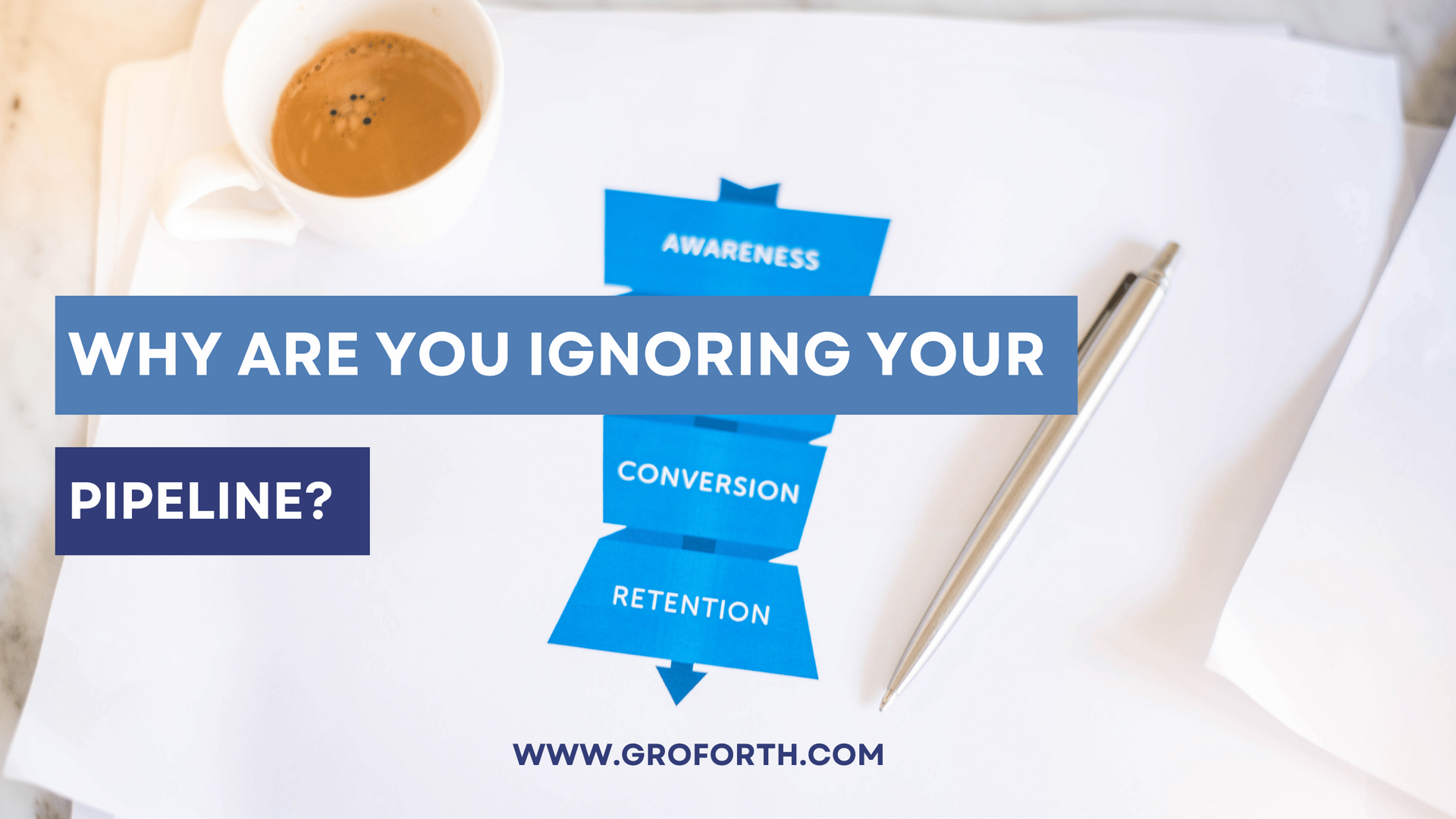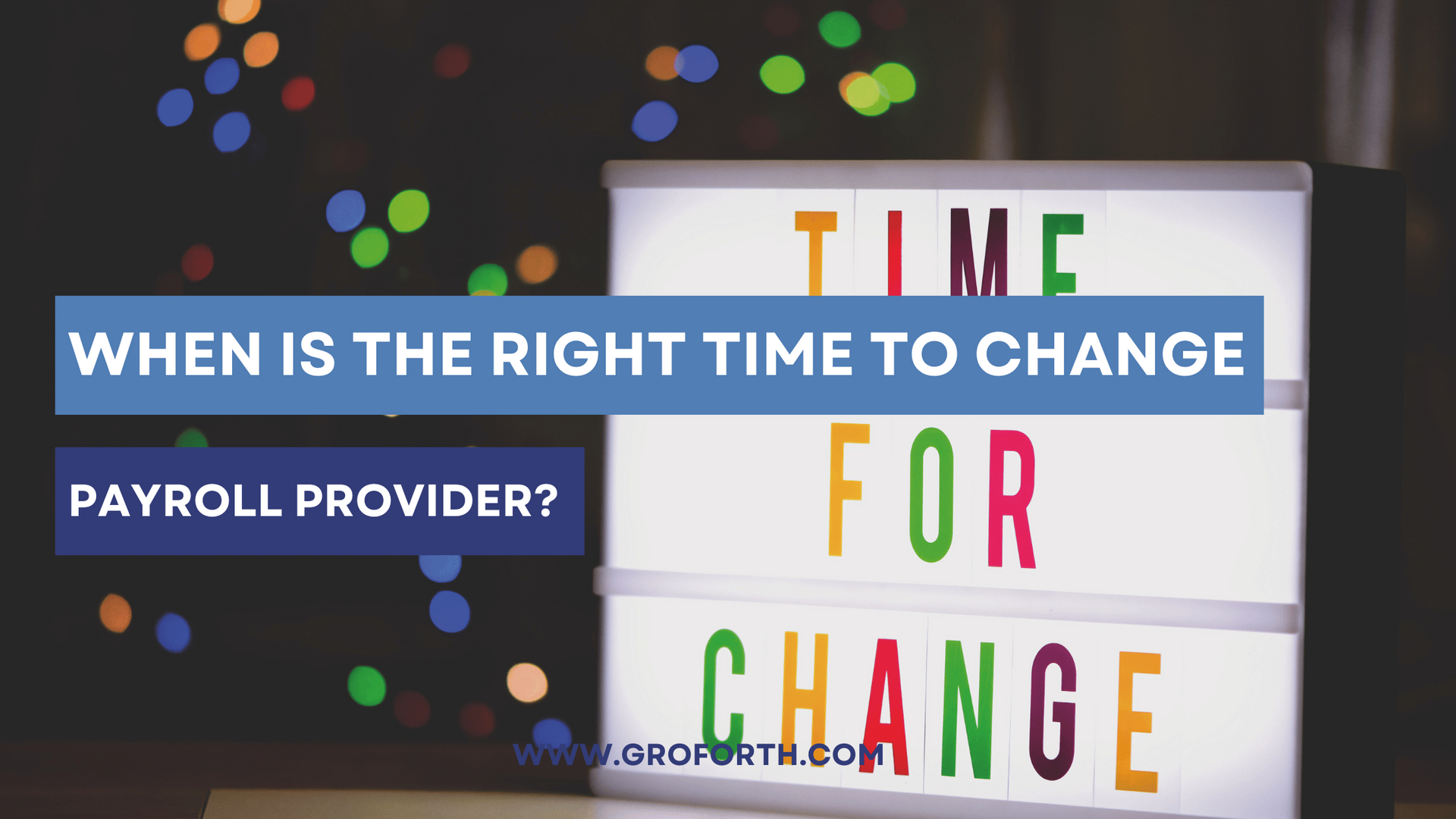AUTO ENROLMENT PENSION: How will the new Retirement Savings Scheme affect payroll?

The Government’s plan to introduce auto enrolment pensions took a step forward in April 2024 with the publication of the Automatic Enrolment Retirement Savings System Bill. If and when enacted, this legislation will bring an estimated 800,000 workers into a new retirement savings scheme. In this article, GroForth’s Michelle Collins explains how auto enrolment will affect Irish employers. Michelle focuses in particular on the following key questions:
• What is pensions auto enrolment?
• When will pensions auto enrolment come into effect?
• Which employees will be covered by the new Retirement Savings Scheme?
• How much will employees have to contribute to the new scheme?
• How much will employers have to contribute?
• How will auto enrolment impact payroll?
• Where can I learn more about my auto enrolment pension obligations?
What is auto enrolment?
Pension auto enrolment is a workplace pension retirement scheme for employees who do not already have an occupational or private pension. The purpose of the scheme is to increase Ireland’s pension coverage. This is considered necessary because it is estimated that currently more than a third of Irish workers do not have an occupational or private pension.
When will auto enrolment come into effect?
The Minister for Social Protection expects the pension auto enrolment system to be ready by the end of 2024. While some commentators think this may prove optimistic, employers nevertheless need to start getting ready to enrol qualifying employees in the new system and ensure their payroll can cope with the forthcoming requirements. If everything goes to plan, contributions to the new scheme are due to commence in 2025.
Which employees will be covered by the new Retirement Savings scheme?
If and when enacted, the Automatic Enrolment Retirement Savings System legislation will apply to employees aged between 23 and 60 years old, who earn over €20,000 per year, and are not already paying into a pension. These employees will be automatically enrolled in the new Retirement Savings Scheme.
How much will employees have to contribute under pensions auto enrolment?
An employee’s initial pension contribution will be 1.5% of their gross earnings. This will be matched by their employer, and topped-up by the State. The employee contribution rate will increase every three years until it reaches 6% of gross earnings.
When deciding how their pension contributions should be invested, employees will have a range of three retirement savings options to choose from—high, medium and low risk. Those who do not make an active choice will be placed in a default investment strategy moving them from higher to lower risk as they approach retirement.
Employees will be allowed to opt-out of auto enrolment after a mandatory six-month participation period however they will be brought back into the system after two years unless they have an alternative pension arrangement in place.
How much will employers have to contribute?
Employers will have to match the contributions made by their employees up to a maximum of €80,000 of earnings. While employers will not have to set up an occupational pension scheme, they will be required to facilitate payroll deductions. The new system will be administered by a National Automatic Enrolment Retirement Savings Authority.
How will auto enrolment affect payroll?
From a payroll perspective, employers will need to check which of their employees are eligible for the new system. This is not a once-off exercise. Employers will need to monitor each employee’s age and earnings on an ongoing basis to ensure that workers earning over €20,000 are brought into the system when they reach age 23 and stop contributing to the system when they reach the age of 60.
Employers will also need to ensure that their payroll system can cope with enrolment (including employees opting out and/or suspending contributions for a period of time). Payroll systems will have to be able to calculate and pay employee and employer contributions correctly.
Where can I learn more about employer auto enrolment obligations?
You can monitor the progress of the Automatic Enrolment Retirement Savings System Bill 2024 in the Bills and Acts section on the Oireachtas website. Information sessions for employers are currently underway. For details of forthcoming sessions see the Government’s Auto Enrolment Latest News and Events.
GroForth clients
GroForth is keeping an eye on the developments discussed in this short article and our team will be working to help clients prepare for pension auto enrolment over the coming months. In the meantime, if you have specific payroll or auto enrolment questions or concerns, please let us know.
GroForth Blog










